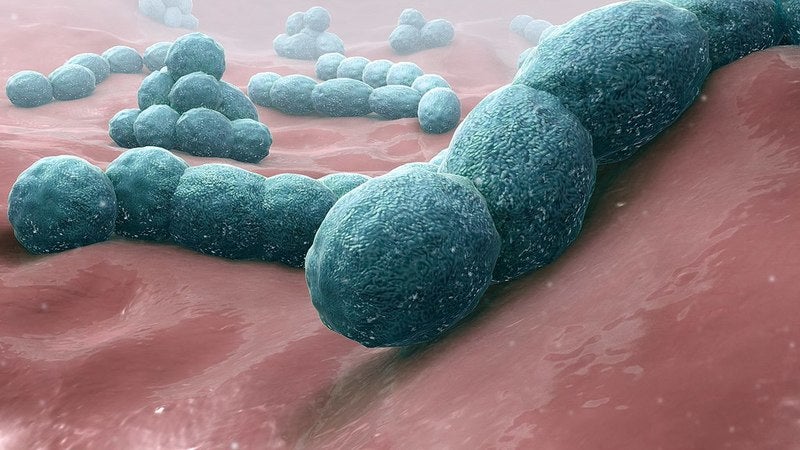
Affinivax and its development partner Astellas have commenced a Phase I/II clinical trial to investigate ASP3772 vaccine against infection caused by Streptococcus pneumoniae (pneumococcus).
Affinivax’s ASP3772 pneumococcal vaccine is based on the company’s MAPS technology platform, which comprises polysaccharide antigen as well as protein antigen to trigger a broad and potent immune response.

Discover B2B Marketing That Performs
Combine business intelligence and editorial excellence to reach engaged professionals across 36 leading media platforms.
In February last year, Astellas signed an exclusive worldwide licence agreement with Affinivax to use the MAPS platform for developing a pneumococcal vaccine.
The deal means Astellas will lead the development and commercialisation of the product.
The two-part, randomised, single ascending dose study will be conducted on 618 adults and elderly subjects.
Part I of the trial will assess the safety, tolerability, and immunogenicity of three different dose levels of ASP3772 compared to Prevnar 13 (PCV13) in adults.

US Tariffs are shifting - will you react or anticipate?
Don’t let policy changes catch you off guard. Stay proactive with real-time data and expert analysis.
By GlobalDataThe second portion will involve elderly patients who will be evaluated for the immunogenicity of three dose levels, compared to Pneumovax 23 (PPSV23) for the serotypes not included in PCV13.
Initiation of the trial triggered a milestone payment of $10m from Astellas to Affinivax.
Affinivax CEO Steven Brugger said: “The initiation of clinical testing of ASP3772 is a major milestone for the development of our MAPS technology platform and for our company.
“We now look forward to advancing this important vaccine towards clinical proof of concept and continuing to work to bring an improved pneumococcal vaccine to patients.”
The partners expect the Phase I/II trial to be completed by April next year.





